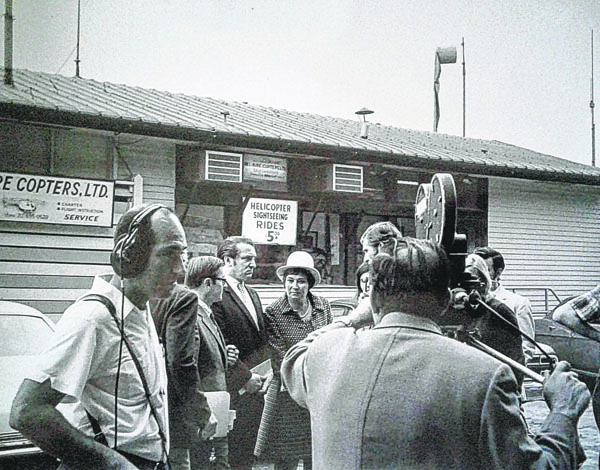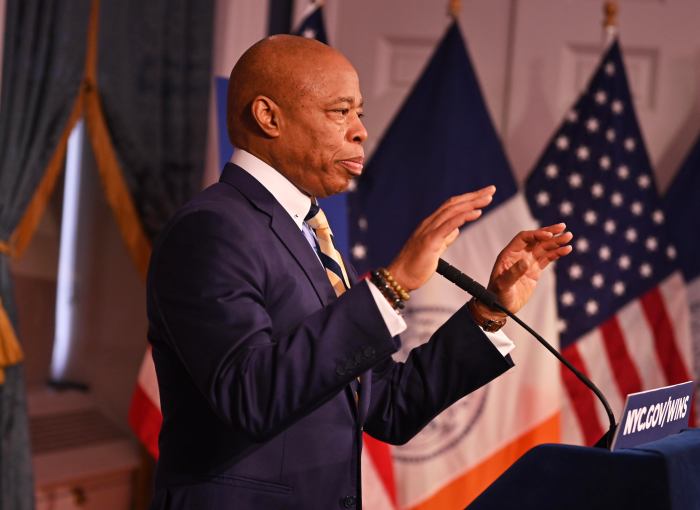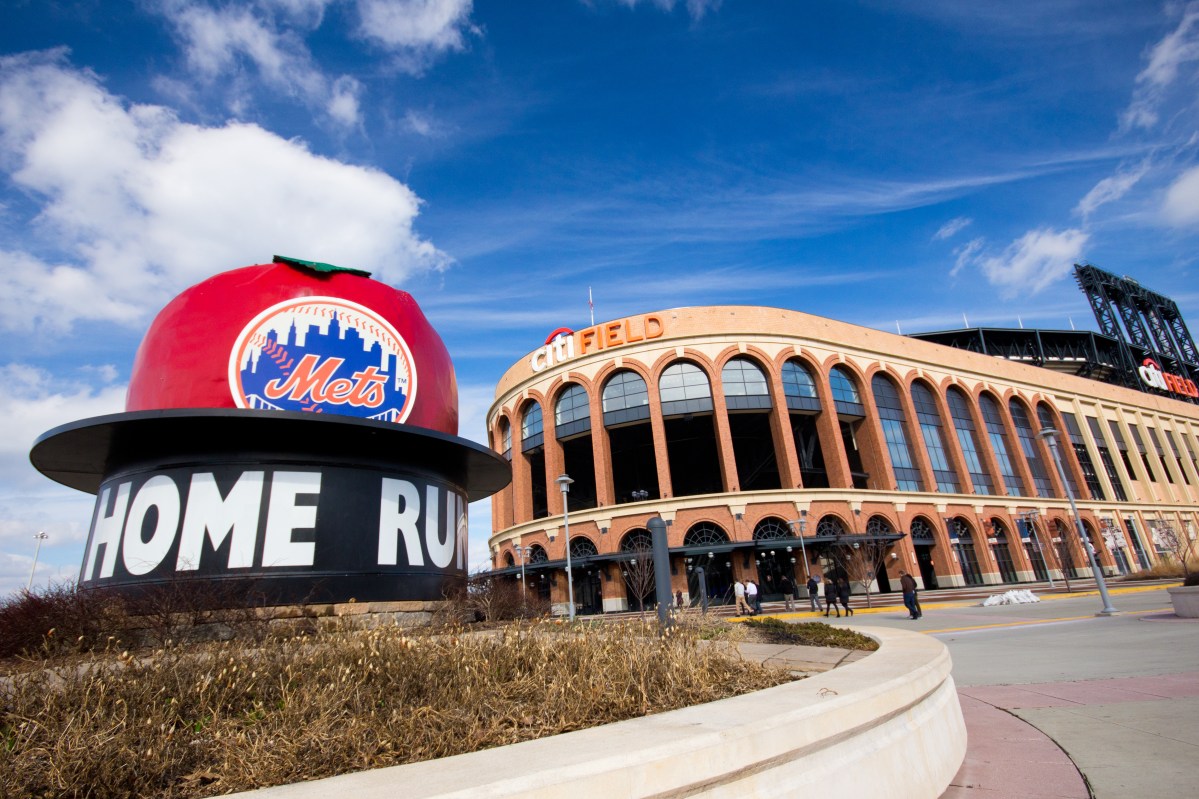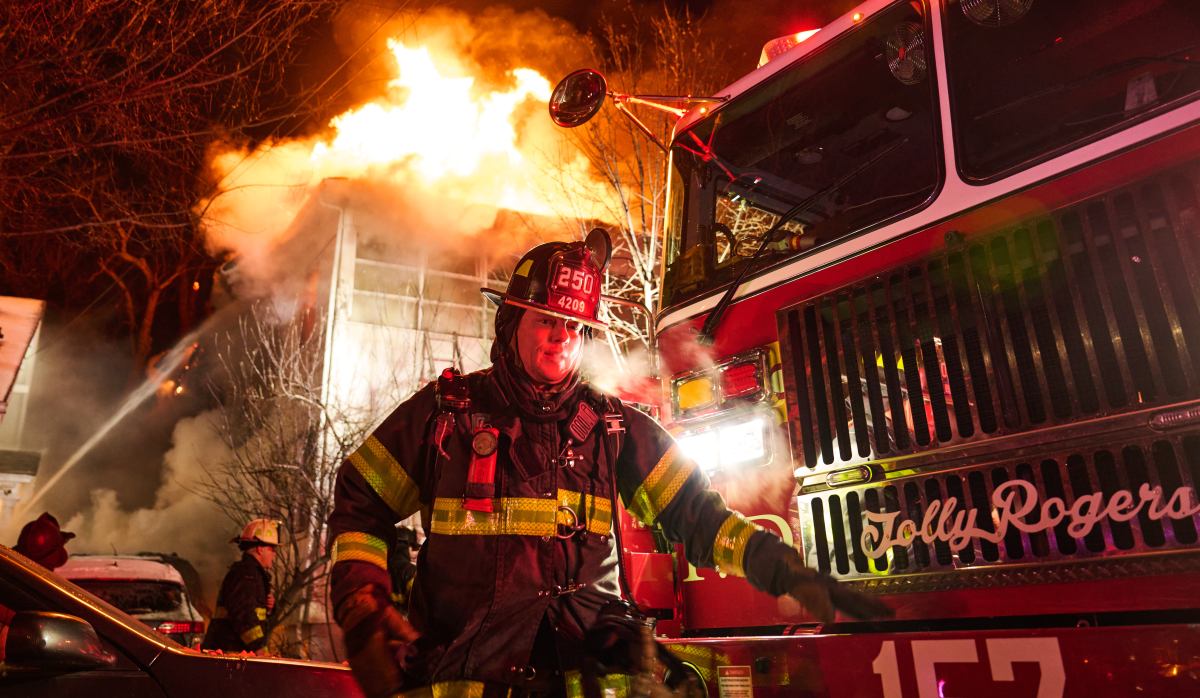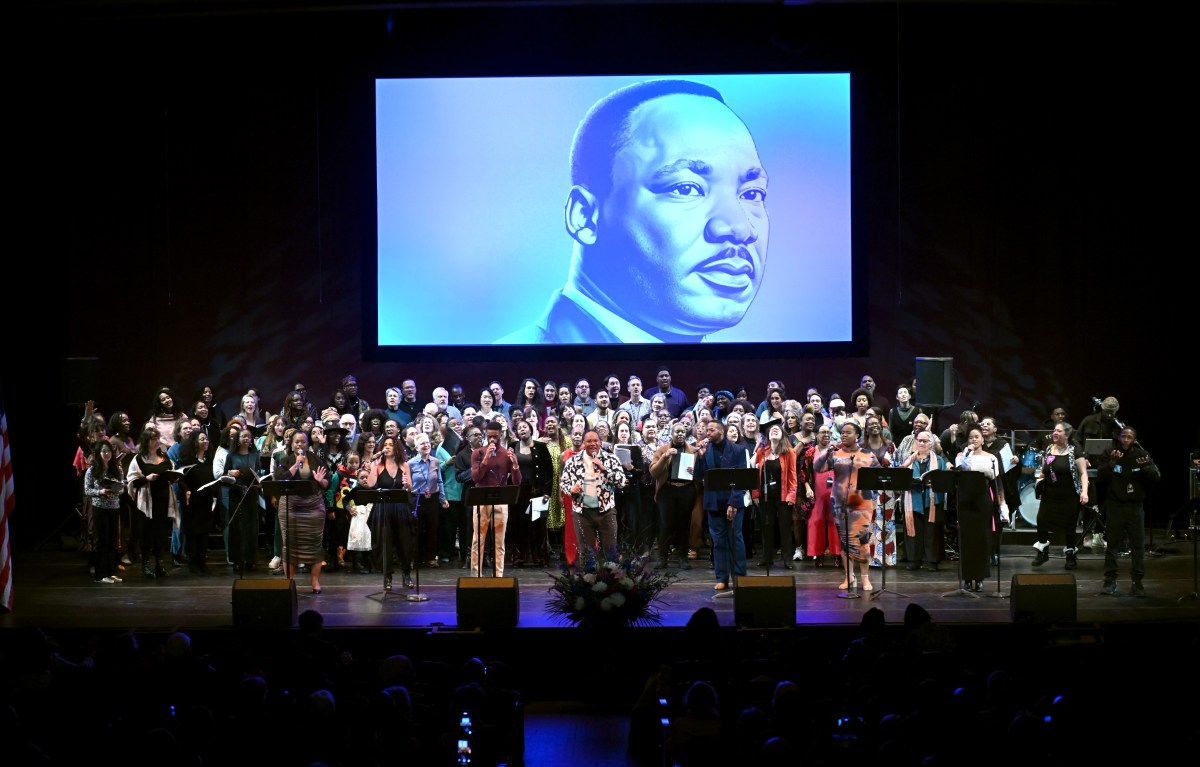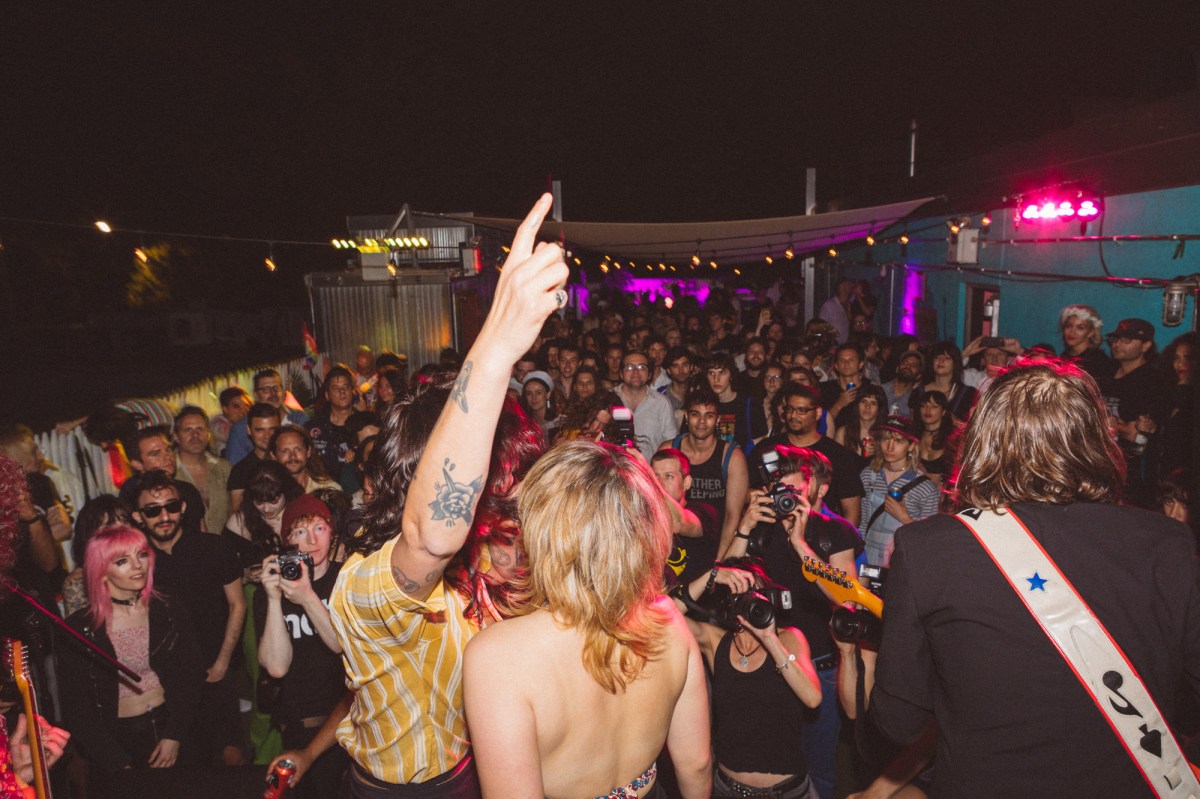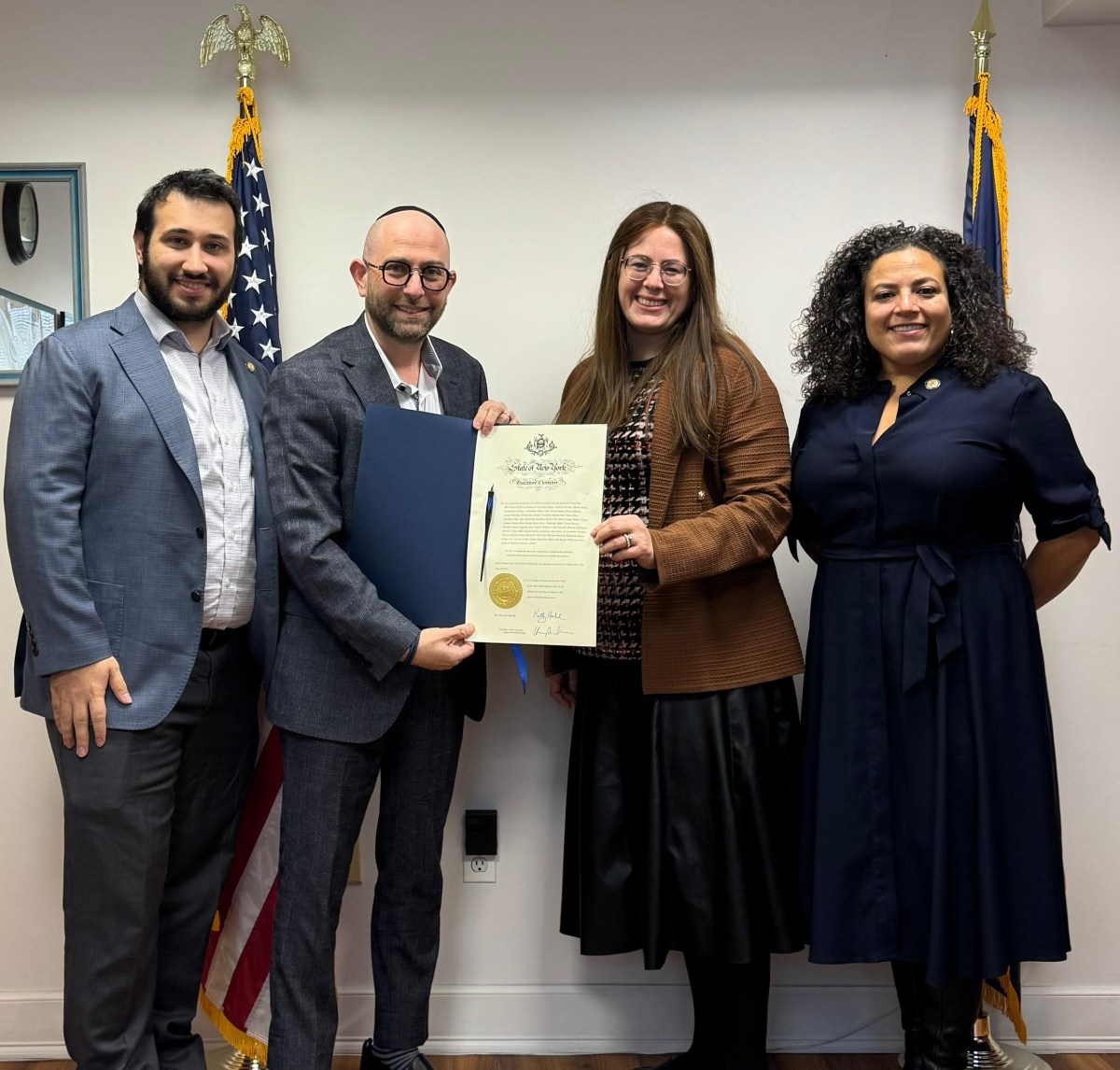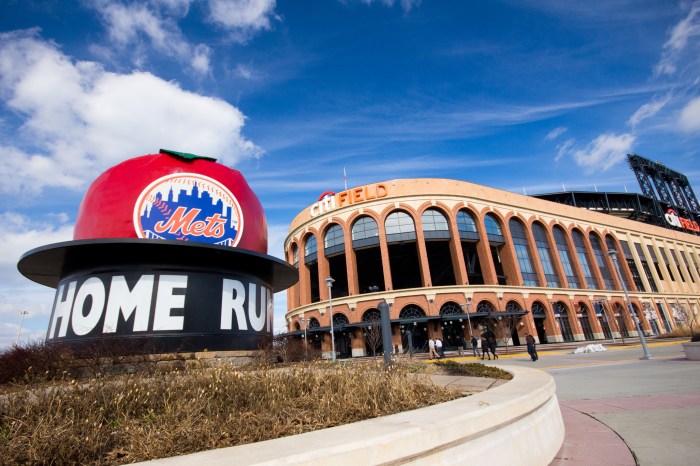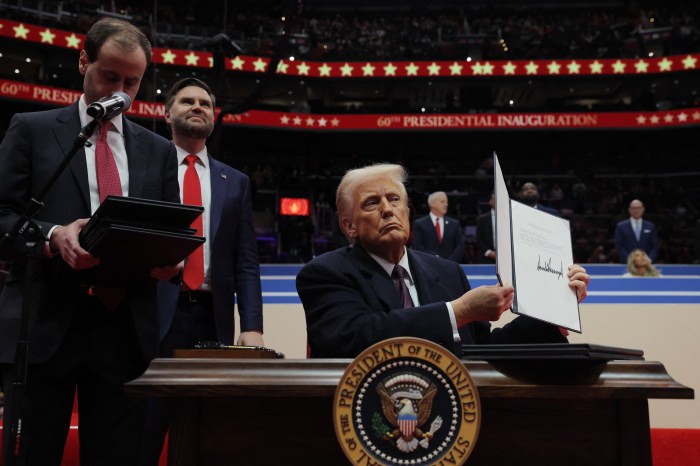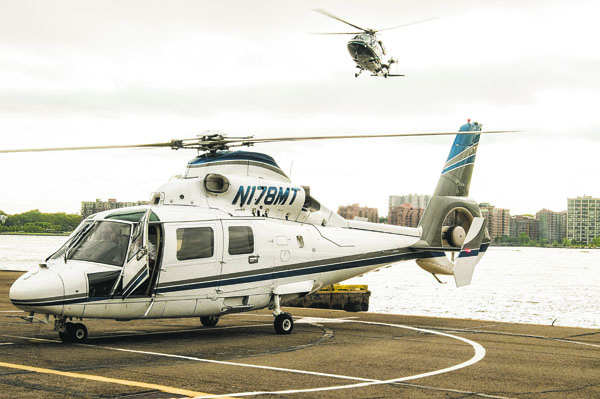
BY LINCOLN ANDERSON | The operator of the W. 30th St. heliport has agreed to pay $250,000 to the Hudson River Park Trust after local activists charged that the chopper landing-pad operator had violated a ban on tourist flights.
According to a settlement agreement filed in court in June, the money will be paid in $50,000 installments each July over five years and will be used in the Hudson River Park’s Chelsea and Hell’s Kitchen sections. The first payment has already been made.
The agreement stipulates that the funds be used “for the sole and dedicated purpose of landscape improvements, maintenance and capital improvements to be made to the Hudson River Park… in the ‘upland area’ [that is, on the mainland part of the park, not on the piers] north of 26th St.”
The settlement resulted after the Hell’s Kitchen Neighborhood Association (HKNA) filed an order to show cause, alleging that Air Pegasus, the heliport’s operator, had flouted a 2008 agreement barring “tourism, recreational, sightseeing and other related helicopter operations” at the heliport, which is located in Hudson River Park, just east of the bikeway.
Attorneys Dan Alterman and Arlene Boop represented the plaintiffs in the original settlement nine years ago and filed the recent order to show cause.
It was, in fact, developer Douglas Durst, the former chairperson of Friends of Hudson River Park, who first suspected — after spotting an online ad — that tourist flights were once again operating out of the park. It was under Durst that the Friends had stopped the tourist flights nine years ago.
“I had seen an ad for these photography flights and I said, ‘That sounds interesting — it’s something I’d like to do.’ And then I realized I’d be doing it as a tourist, not a photographer, and that it would not be permitted under the settlement that was ordered when I was chairperson of the Friends of Hudson River Park.
“I thought we had spent a lot of time and money to prevent this and that this was a subterfuge,” he said of the scam.
Alterman said that, after Durst told him he thought that tourist flights had started up again, he sent someone over to check it out. The helicopter operator was claiming the flights were solely for professional photographers.
“I sent a young guy from my office up,” he said. “There were three or four people from Paris in the helicopter who had nothing to do with taking photography.”
Alterman said they were able to document at least 25 illegal tourist flights between October of last year and mid-January of this year.
Under the original settlement, Air Pegasus was to be fined $10,000 for each day it violated the provision against tourist flights.
“They were saying if you were Martin Scorsese and for commercial purposes needed photos of the city,” he said of the copter company’s tricky pitch.
The rides cost $300 or $400 for 15 minutes, according to Alterman.
The plaintiffs in the original ’08 lawsuit included HKNA, plus Friends of Hudson River Park, Chelsea Waterside Park Association, West St. Coalition, Pier 66 Maritime, Inc., John Krevey, Bob Trentlyon, Martin Treat, Andrew Berman and other individuals.
According to the recent settlement agreement, Air Pegasus denied any violation of the original agreement and the Trust “has taken no position.”
Air Pegasus is a commercial tenant of the Trust, which is the five-mile-long park’s governing state-city authority.
Helicopter flights for other uses — such as medical, business, government and travel — are allowed at the heliport.
Attorneys Alterman and Boop hailed the new settlement.
“We commend Air Pegasus and the Hudson River Park Trust for promptly resolving this matter and look forward to the time when the park is finished,” Alterman said.
Added Boop, “The $250,000 to be paid to the Trust over the next five years will help restore parkland in Hell’s Kitchen, which will be a great improvement to residents and visitors alike.”
In an interview just before the recent settlement agreement was reached, a spokesperson for the Trust said the authority had moved quickly to end the tourist flights as soon as being notified of them.
“The Trust is concerned that the heliport operator comply with all of its legal obligations,” the spokesperson said. “When the Trust learned in January from Community Board 4 (CB4) that certain impermissible flights were being operated from the heliport, the Trust immediately contacted the permittee and demanded that the flights stop, and was in touch with CB4, Friends of Hudson River Park and Mr. Alterman to inform them of our actions. The Trust has been assured that all such flights have stopped as of January of this year and has no reason to believe that will change. It is our eventual intention to move the heliport.”
The Trust declined comment this week on the new settlement, but did confirm that the first payment from Air Pegasus has been received and that the funds will be used for the specified purposes in the park north of W. 26th St.
When Air Pegasus was called for comment, an employee there said they just run the landing pad and that a separate company runs the flights. A spokesperson for the flight operator subsequently called the paper and said they didn’t do anything wrong, either.
Told of that, Alterman scoffed, “Well, Air Pegasus did agree to pay the $250,000 settlement, so…”
The W. 30th St. heliport operates under a 1996 permit with the New York State Department of Transportation that was transferred to the Trust when the park was established in 1998. The city’s long-standing position is that a non-tourism heliport on the West Side is needed.
A 2013 amendment to the Hudson River Park Act of 1998 allows for the “development, operation and maintenance of a non-tourism/non-recreational heliport” located between W. 29th and W. 32nd Sts., with restrictions on height, parking and requirements about what operations can be over the water versus on the upland area.
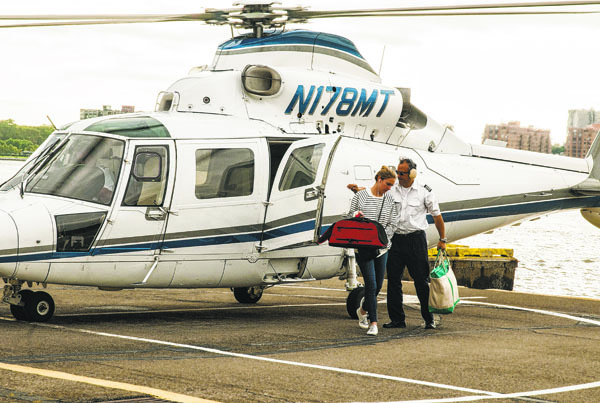
Over the years — spurred on by waterfront park activists and the surrounding community — the Trust has worked with the city, state, CB4 and local property owners to forge an agreement on the heliport’s eventual new location. Once there is consensus, the Trust would issue a request for proposals, or RFP, for a new operator and plan for the heliport, whose location would have to comply with the park act.
For his part, Alterman said the issue of relocating the heliport has “been lurking in the background.”
“There’s no question that a park without a heliport is better than a park with a heliport,” he said.
Waterfront activist Tom Fox blasted the Trust for legalizing a heliport in the park through the 2013 amendment.
However, the city, it seems, has always viewed the Chelsea waterfront as a prime spot for aviation. In the early 1970’s, the community and local politicians fought off the city’s push for a plan for a STOLport — or short-takeoff-and-landing airport — at the Chelsea Piers.
According to Ray Guenter, who was Chelsea’s male Democratic district leader back then, the STOLport would have involved decking over the river between some of the piers to create a north-south landing strip at least 1,000 feet long. In March 1971, Guenter moderated a major hearing on the subject, with a panel with Congressmember Bella Abzug, other local politicians, and environmentalists all opposed to the plan.
Told of the recent tourist-flights violation at the W. 30th St. heliport, Guenter, who now lives in West Hartford, Connecticut, reflected, “The STOLport controversy there really mirrors what goes on today — which is putting the interests and safety of that highly populated area above commercial aviation and the profit motive and the issue of convenience for travelers.”
